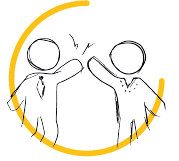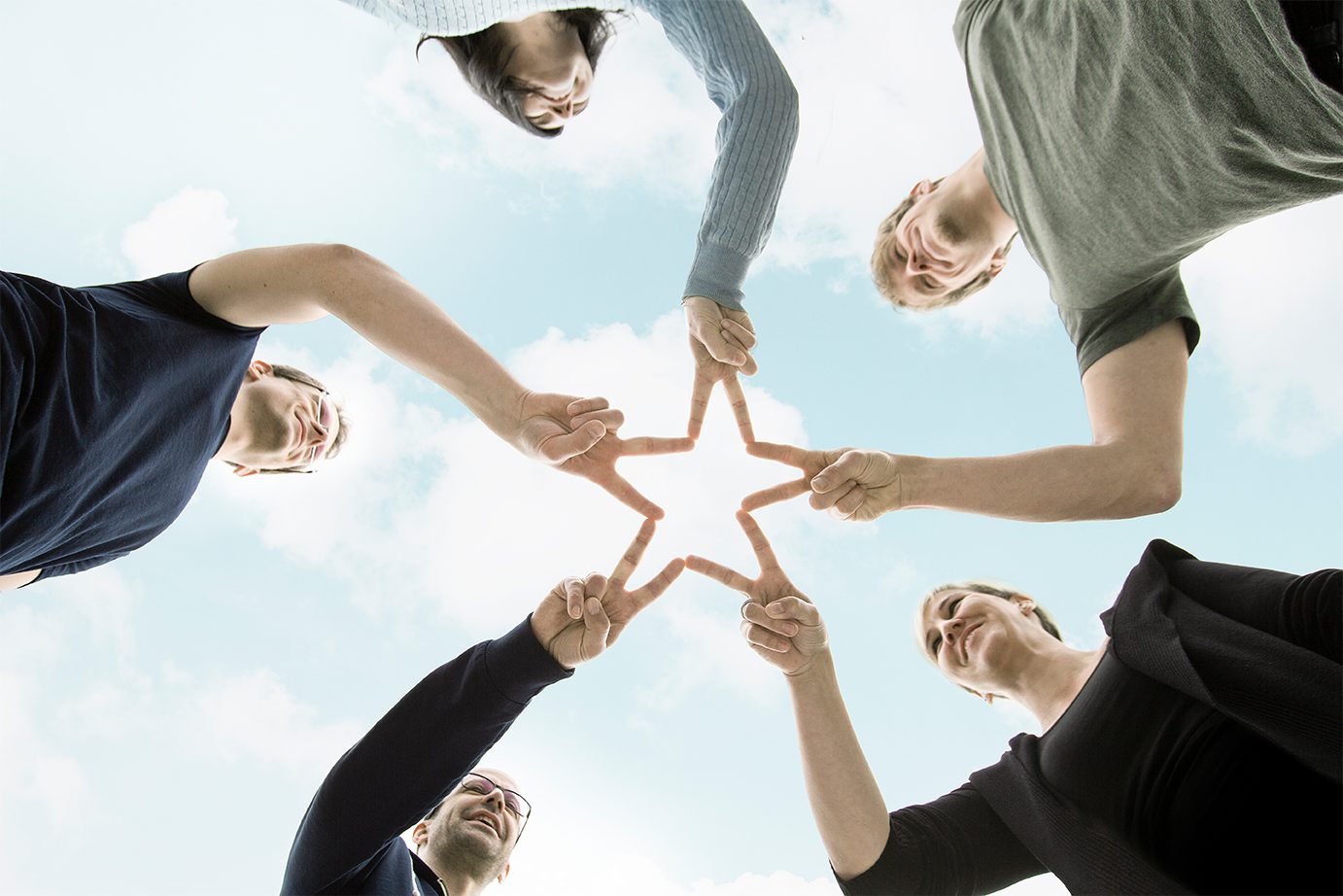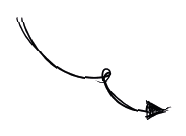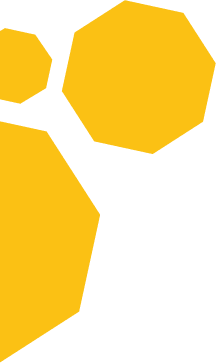
Low-waste booth
Resource avoidance & savings at events
Conserving resources and avoiding waste are important aspects at events and exhibition stands to promote sustainable practices. By using reusable materials and conscious planning from the start, waste can be reduced and the environmental impact reduced.
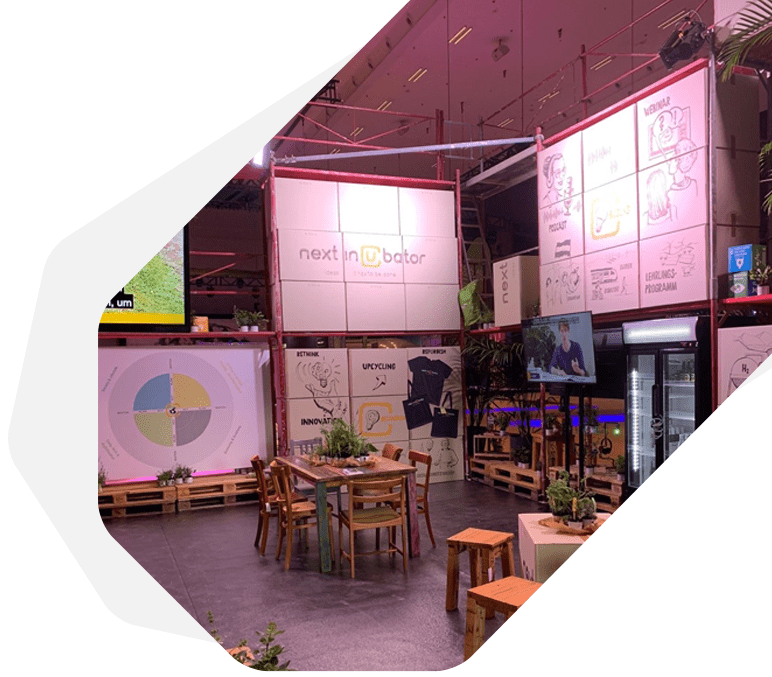
What you should know
The schedule
Events, be it a concert, a trade fair or a festival, often generate a significant amount of waste. Plastic cups, packaging, flyers and other disposable items quickly pile up in large quantities. The impact of this waste on the environment is enormous.
The production of disposable items contributes significantly to the waste of resources. Energy and resources are used in the production of plastic cups, packaging and other single-use products. Especially with exhibition stands, it is also the exhibition stand itself. This is often specially designed and built for major events or a wide variety of new elements are produced for this purpose.
It is of great importance to reduce waste at events. This not only relieves the environment, but also saves costs and creates a positive image for organizers and exhibitors.
At the fifteen seconds festival 2023 we have set ourselves exactly that goal. Avoid waste and resource conservation as far as possible. Together with Verena Kassar, zero waste expert and founder of the Gramm Academy, we defined this as an elementary goal right from the planning stage.
Here is a list of the measures and partners we have worked with:
Stand construction & design
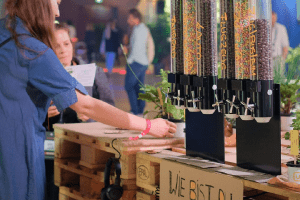
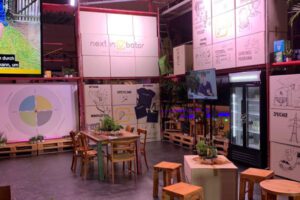
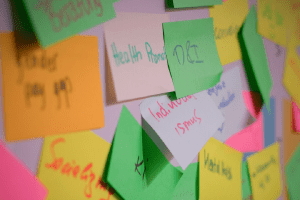
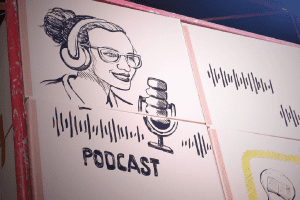
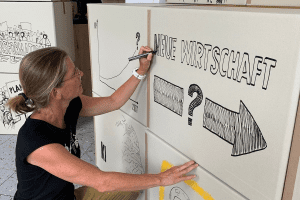
Catering
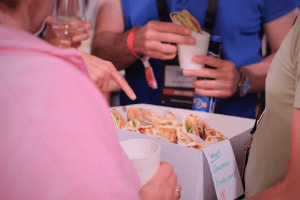
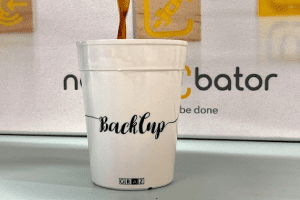

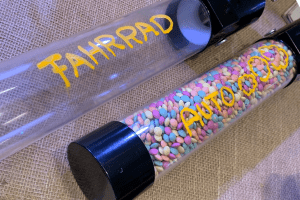
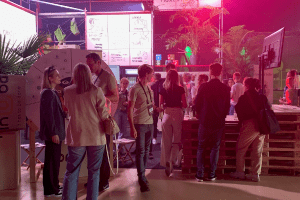
Give-aways
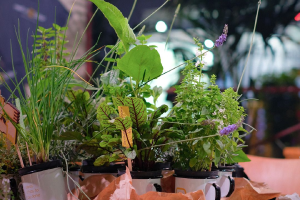
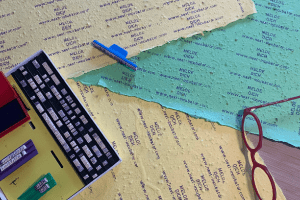
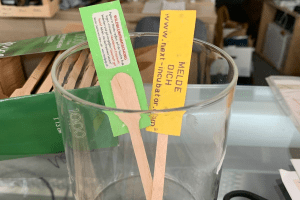
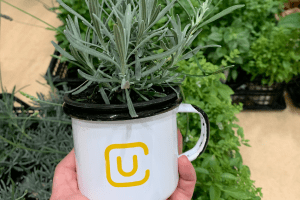
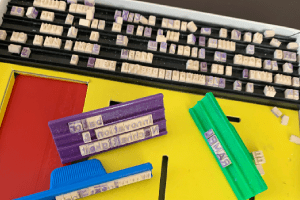
social aspects
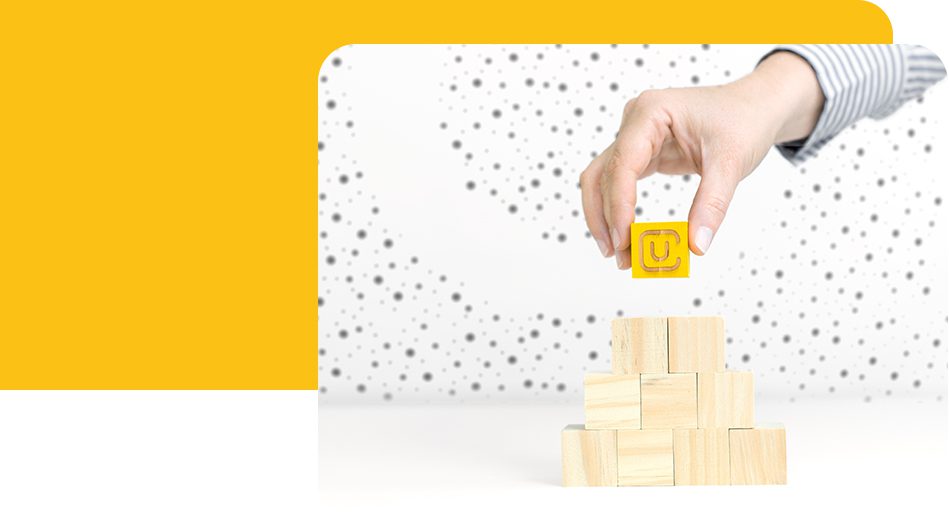
Advantages
of innovation
We shape the future
Support from Das Gramm & Verena Kassar
As an innovation hub for sustainability, the next-incubator has know-how and a large network in the field of sustainability. A partner from this network is Verena Kassar, founder of Das Gramm und The Gram Academy. She provided comprehensive advice and is always available to the team for questions.
